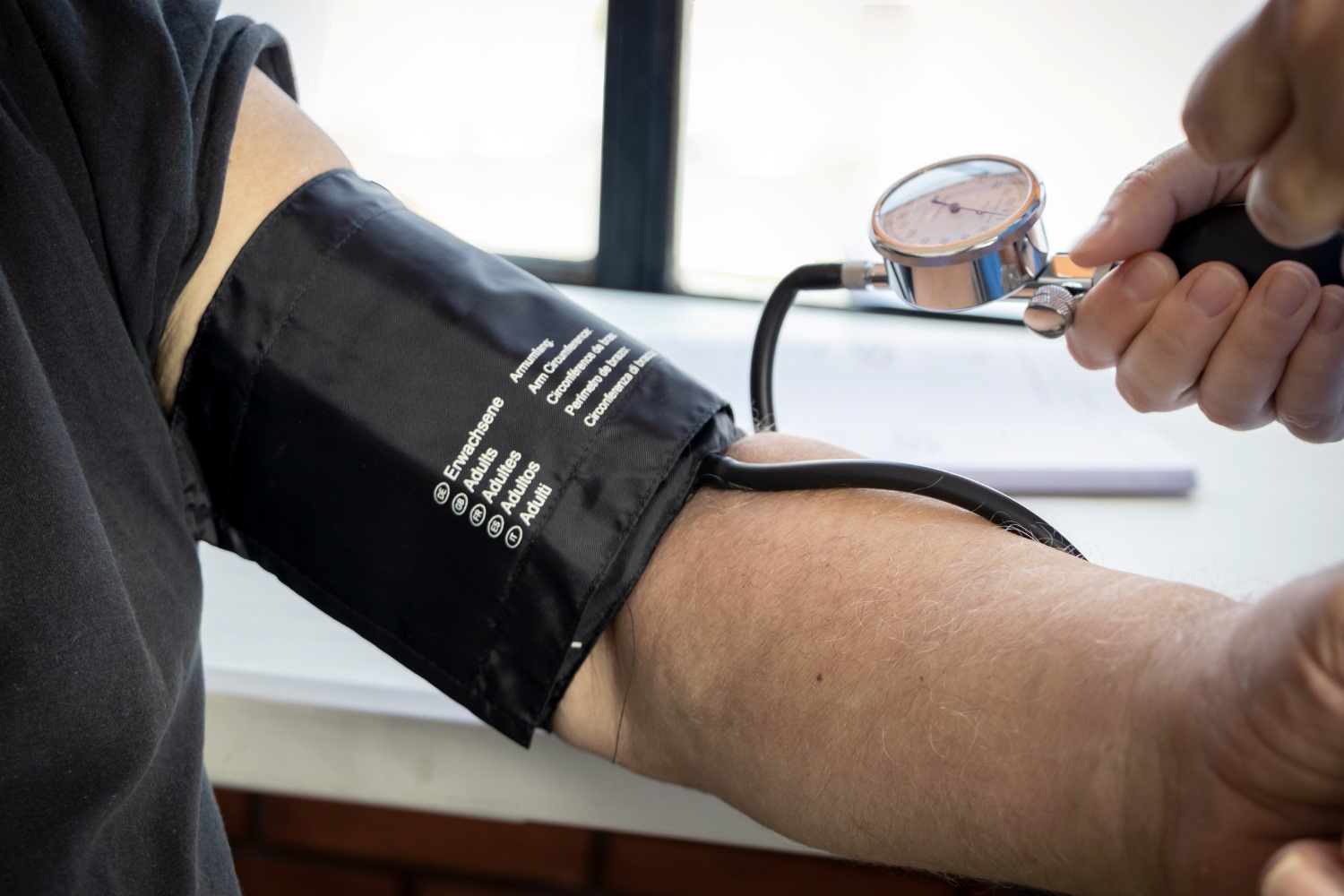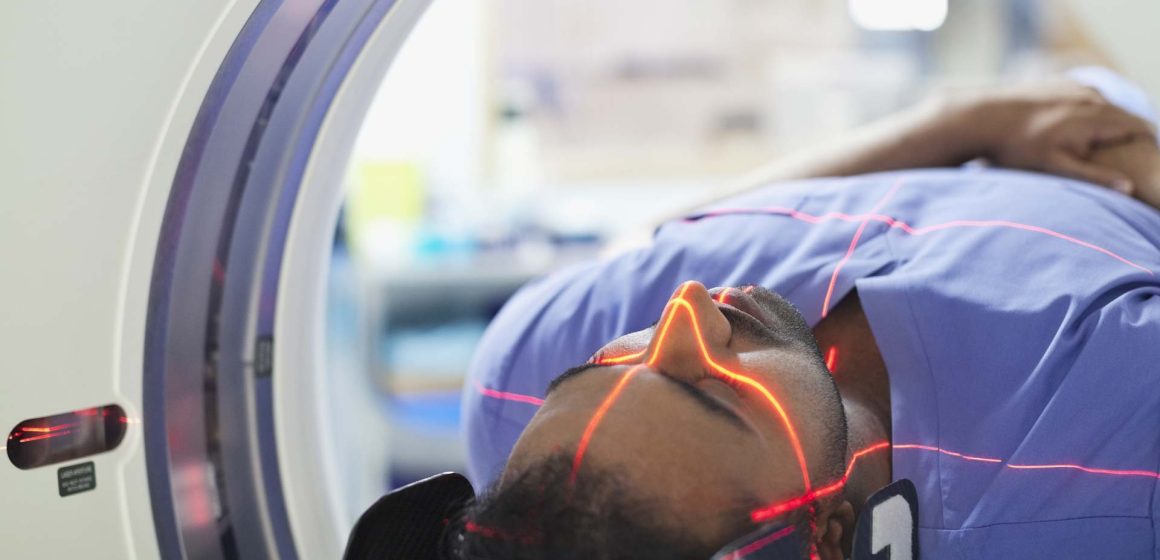Healthcare is undergoing a dramatic transformation. Advances in science, technology, and patient-centered approaches are reshaping how we prevent, diagnose, and treat diseases. What was once unthinkable—virtual doctor visits, gene-based treatments, or AI-powered diagnostics—is becoming an everyday reality. Modern medicine is not just about curing illnesses; it’s about improving quality of life, extending longevity, and creating a more accessible healthcare system for all.
Personalized Medicine: Treating the Individual, Not the Average
Traditional medicine often relies on standardized treatments, but today, healthcare is becoming more precise. Personalized or precision medicine uses a patient’s genetic profile, environment, and lifestyle to develop targeted therapies. This approach improves outcomes and reduces side effects.
In oncology, for example, genetic testing identifies mutations in a tumor, allowing doctors to prescribe drugs specifically designed to attack those cancer cells. Pharmacogenomics, the study of how genes affect a person’s response to medications, helps clinicians choose the most effective drug at the right dose, minimizing the trial-and-error process. This level of customization is revolutionizing how chronic diseases and complex conditions are treated.
The Digital Revolution in Healthcare
Digital technology is now central to modern medicine. Telemedicine, mobile health apps, and wearable devices are bridging gaps between patients and providers. What began as a convenience during the COVID-19 pandemic is now a cornerstone of care, allowing patients to consult doctors from home, track their health metrics, and receive real-time feedback.

Wearable devices, such as smartwatches, monitor heart rates, detect irregular rhythms, and even measure blood oxygen levels. These tools help detect potential health issues early and promote preventive care. Healthcare providers can access these data points to personalize treatment plans and intervene before minor problems escalate into major conditions.
Artificial Intelligence in Diagnosis and Treatment
Artificial intelligence (AI) is rapidly changing how diseases are detected and managed. AI algorithms analyze medical images, lab results, and patient histories faster than humans, often identifying subtle patterns that might otherwise be missed.
For example, AI tools can detect early signs of conditions like lung cancer or heart disease on imaging scans, enabling earlier interventions and improving survival rates. AI is also being used to predict disease outbreaks, personalize treatment plans, and accelerate drug discovery by analyzing enormous datasets in record time.
Breakthroughs in Regenerative Medicine
Regenerative medicine is offering hope to millions of patients with injuries or chronic illnesses. Stem cell therapies, bioengineered tissues, and lab-grown organs are no longer science fiction. These technologies aim to repair or replace damaged tissues, potentially reducing the need for transplants and long-term medication.
For instance, stem cell treatments are showing promise for conditions such as spinal cord injuries, Parkinson’s disease, and heart failure. Researchers are also exploring ways to grow functional organs in laboratories, which could help address global organ shortages and save countless lives.
Preventive Care: Stopping Illness Before It Starts
While advanced treatments grab headlines, prevention remains the foundation of good health. Chronic conditions like diabetes, heart disease, and obesity are largely preventable with early intervention and lifestyle changes. Healthcare systems worldwide are shifting focus from treating illnesses to preventing them.
Lifestyle medicine—an emerging medical specialty—emphasizes nutrition, physical activity, stress management, and sleep as tools for disease prevention and reversal. Doctors are increasingly prescribing exercise and dietary changes alongside, or even instead of, medications to help patients manage and reverse chronic conditions.
Mental Health: A Growing Priority
Modern medicine is finally addressing mental health with the urgency it deserves. Anxiety, depression, and burnout are rising globally, and healthcare providers are integrating mental health services into primary care. Virtual therapy sessions, mindfulness apps, and community-based programs are helping people access support more easily.
Research also shows the strong link between mental and physical health. Managing stress and mental illness not only improves quality of life but can also reduce the risk of conditions like heart disease and diabetes, making mental health care essential to holistic treatment.
Tackling Global Health Challenges
Despite these innovations, significant challenges remain. Antibiotic resistance threatens to undo decades of medical progress, while unequal access to care leaves millions without basic health services. Climate change is also impacting global health, with rising temperatures contributing to the spread of infectious diseases and heat-related illnesses.
To address these challenges, governments, healthcare providers, and researchers are working together. New antibiotics, vaccines, and public health strategies are being developed to combat drug-resistant infections. Global initiatives are focusing on expanding healthcare infrastructure, ensuring vaccines and treatments reach underserved populations, and preparing for future pandemics.
The Road Ahead: What’s Next for Medicine?
The future of healthcare promises even greater innovation. 3D-printed organs, CRISPR-based gene editing, robotic surgeries, and advanced remote monitoring systems are poised to become mainstream. These developments could not only extend life expectancy but also drastically improve the quality of those added years.

However, with rapid advancement comes responsibility. Ethical concerns—such as privacy, affordability, and equitable access—must be addressed. Ensuring that cutting-edge treatments benefit everyone, not just those who can afford them, will be critical to building a truly inclusive healthcare future.
Conclusion: Building a Healthier Tomorrow
Modern medicine is on the cusp of a new era, where technology and science converge to deliver care that is faster, smarter, and more personalized than ever before. From genetic-based treatments to AI diagnostics and regenerative therapies, these innovations hold the potential to save lives and improve global health outcomes.
But innovation alone is not enough. A holistic approach—one that prioritizes prevention, mental health, and accessibility—is essential to ensuring that healthcare serves everyone. By embracing change while addressing challenges, we can move toward a future where medicine is not only about treating disease but helping people lead longer, healthier, and more fulfilling lives.


Leave a Reply